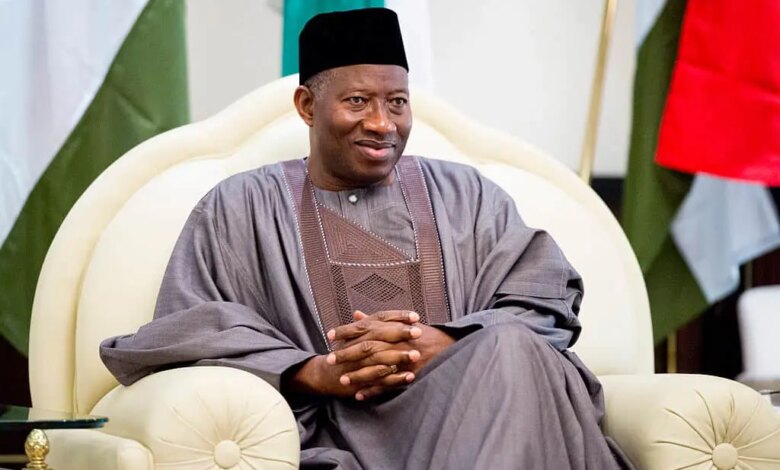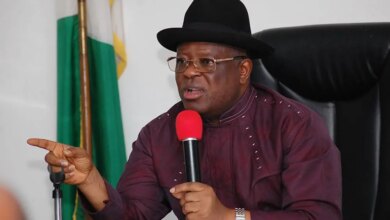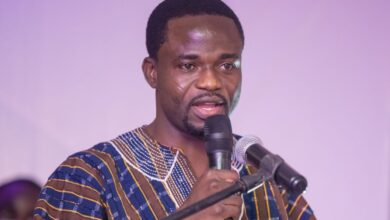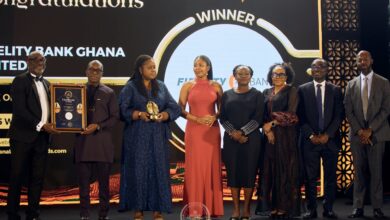2027: Analysts differ on calls for Jonathan’s return to power

Three public affairs analysts have weighed in on the growing calls for former President Goodluck Jonathan to return to the nation’s leadership.
They have offered contrasting but converging perspectives on the issue during separate interviews in Calabar, Cross River State on Monday.
Sir Leonard Anyogo, Director General of Good Governance Advocacy International and a notary public, said it was within Jonathan’s political rights to seek a comeback if he so chooses.
He stressed, however, that the ultimate decision lies with the Nigerian electorate, provided the process is fair and votes are allowed to count.
Dr Peter Iyali, national president of the UNICROSS alumni association and a chieftain of the APC, injected caution into the debate. He argued that much of the talk about Jonathan’s return could be fueled by politicians from other regions seeking to divide the southern vote ahead of 2027.
Iyali warned that Jonathan must not allow himself to be used as a pawn in such a political game, recalling that the same forces now urging him on were instrumental in working against him a decade ago. In his view, the current political terrain does not favour Jonathan’s return to Aso Rock.
While acknowledging Jonathan’s political astuteness, Iyali expressed doubt that he would walk into a trap designed to weaken the South’s prospects in the next presidential race. He insisted the former president is too experienced to be manipulated into undermining his own region’s political leverage.
Justice Osai Ahiakwo, a lawyer and public affairs commentator, noted that political comebacks by former leaders are not unprecedented globally.
He pointed to Grover Cleveland of the United States, who served non-consecutive terms, Donald Trump’s return in 2023, and recent African examples such as Ghana’s John Dramani Mahama and Malawi’s Peter Mutharika.
According to Ahiakwo, Jonathan’s potential return cannot be dismissed as strange or misplaced.
“The clamour for Jonathan is not an accident. It echoes the people’s deep frustration with present realities and their longing for a leadership model that once delivered a sense of balance and calm,” he said.
He argued that the calls reflect a growing conviction that the former president’s tested leadership style could offer inclusiveness, stability, and renewed direction at a time when Nigeria faces economic decline, insecurity, and low public trust.
“When people remember his tenure, they recall not just policies, but the atmosphere of tolerance, of free expression, and of relative calm,” Ahiakwo added.
The analyst pointed out that Jonathan’s record between 2010 and 2015 is being reassessed in a more favourable light.
“History often judges differently with time. What seemed ordinary yesterday is now seen as golden compared to today’s turbulence,” he observed.
He also maintained that unlike many politicians, Jonathan has not been been engineering the clamour through lobbying or rented crowds, suggesting that the momentum may indeed be a genuine groundswell of public sentiment.
“If Jonathan is to return, let it be by the authentic voice of the people and not the manipulations of political contractors,” he cautioned.
On constitutional grounds, Ahiakwo reminded that Jonathan is not barred from contesting in 2027, insisting that fears of “shame” in case of another defeat are unfounded. He recalled how Jonathan faced the toughest form of political sabotage in 2015, including rebellion from within his own party, yet remained resilient and dignified in defeat.
He drew lessons from history, citing Theodore Roosevelt’s regret after stepping aside in 1909. “Roosevelt’s missed opportunity teaches us that when the people call sincerely, a leader must weigh carefully before declining. Ignoring such a call can haunt the nation and the leader alike,” he stated.
Despite their differing emphases, the analysts agreed that the final decision rests with Jonathan himself and the Nigerian electorate. Whether the calls are driven by genuine popular demand or political scheming, they said, the former president’s response will shape Nigeria’s unfolding political narrative ahead of 2027.
Ultimately, the debate underscores a deeper national yearning for leadership that can restore hope, unity, and good governance. Whether Jonathan will answer that call, or leave the stage to a new generation of leaders, remains a question only time will resolve.





